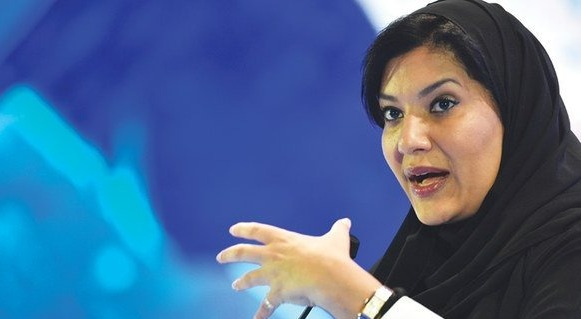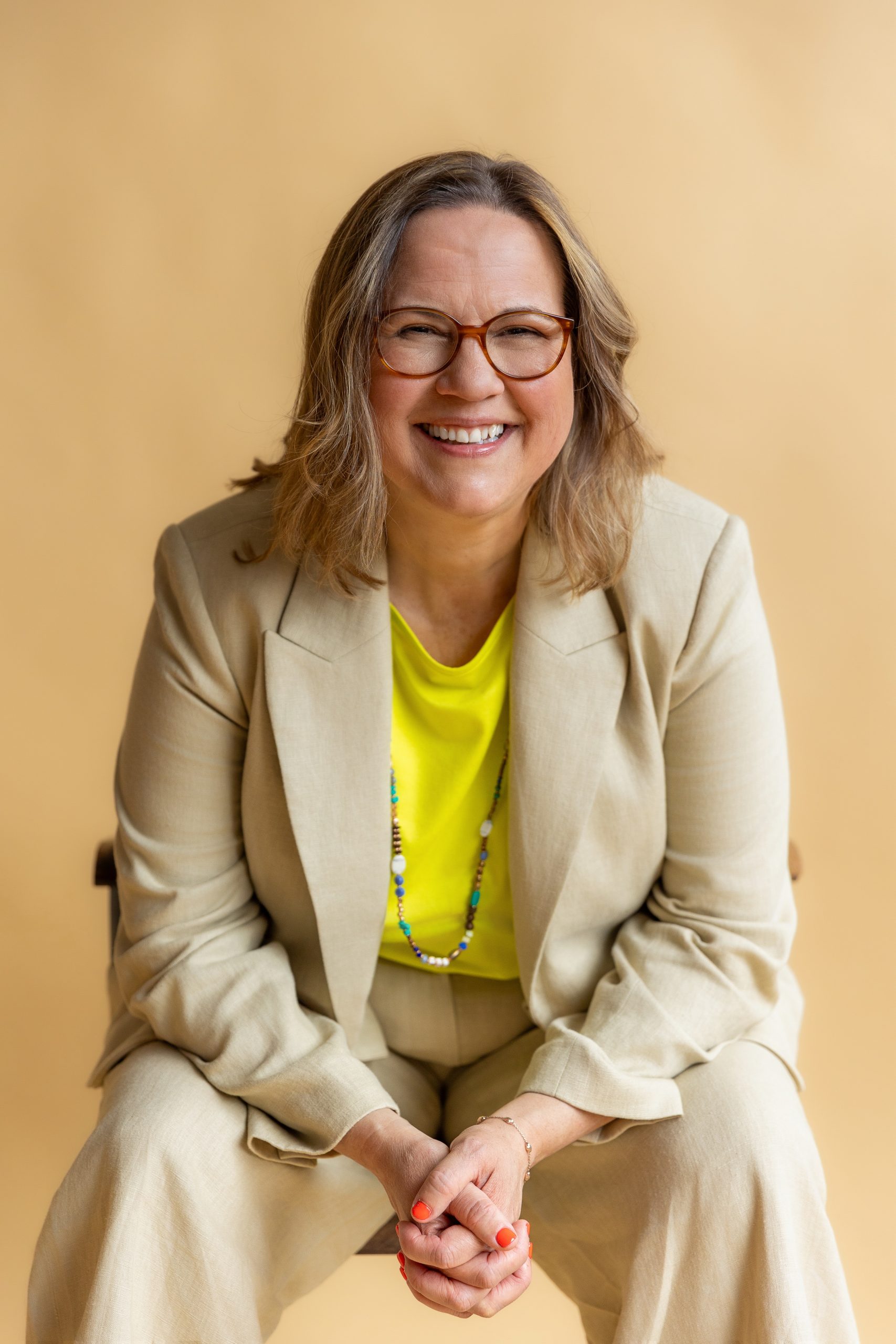For over a century, IWD has been observed on March 8, with the first gathering held in 1911, supported by over a million people. In the Middle East, this day holds special significance as it resonates with the changing dynamics in the region, sparking discussions on the crucial need for gender equality.While IWD has gained momentum in the Arab world, progress remains uneven. Experts at the recent Global Women’s Forum Dubai highlighted that gender equality is a transformative force for the Middle East and North Africa (MENA) region. Yet, MENA has the lowest female workforce participation globally, presenting a complex challenge to address.Gender Equality: A Critical Driver of ChangeThe MENA region faces a pressing need to bridge the gender gap in the workforce. According to a McKinsey & Company analysis, women’s participation in the MENA labor force stands at a mere 24.6 percent, significantly lower than the global average of 47.8 percent for women. This imbalance underscores the urgency of empowering women in the region.Chiara Marcati, a partner at McKinsey & Company, highlights the importance of addressing this gender gap, particularly in the context of the Fourth Industrial Revolution. While technological advancements like automation may impact male-dominated sectors, they also present opportunities for women to enter traditionally male-dominated industries.
The Fourth Industrial Revolution: Challenges and OpportunitiesThe Fourth Industrial Revolution encompasses breakthroughs in technology, including artificial intelligence, robotics, and quantum computing. Automation is set to revolutionize industries, potentially impacting repetitive and labor-intensive tasks. While this might appear as a challenge, it also opens doors for women to enter sectors traditionally dominated by men.For instance, the possibility of having the first woman miner from Saudi Arabia working remotely from her living room showcases the transformative potential of automation. However, to seize these opportunities, women must enhance their technological skills, as currently, they lag behind their male counterparts in this regard.Closing the Digital Gender GapIn addition to workforce participation, women in MENA countries are underrepresented on online platforms. Only 28 percent of women in the region are active online, compared to 44 percent globally. Women also apply for 20 percent fewer jobs than men in the online sphere, limiting their access to opportunities.Marcati emphasizes the importance of online platforms as tools for women to access jobs and build professional networks.
Traditionally, professional networking took place in physical settings like a “majlis,” where women often faced exclusion. Active online participation offers women greater access to opportunities and the chance to establish professional relationships.The Ongoing Struggle for Gender EqualityDespite significant achievements in gender equality, the period from 2010 to 2014 witnessed a surprising reinforcement of social norms globally that resisted progress. Pedro Conceicao, director of the UN Development Program’s Human Development Report office, notes that even in countries with substantive gender equality achievements, there was a pushback against gender equality.This experience underscores that the journey toward gender equality is an ongoing struggle that requires continuous effort and advocacy. As women attain more powerful positions, resistance to gender equality intensifies.
However, the benefits of closing the employment gender gap are substantial, as it fuels economic growth and fosters diversity, creativity, and fresh perspectives within organizations.The Economic Impact of Gender EqualityEfforts to narrow the gender gap in employment have shown significant economic benefits, as seen in the US and Europe throughout the 20th century. Economies gain from growth when women actively participate in the workforce. Pedro Conceicao highlights that firms with women represented in senior management and boards yield higher returns.Chiara Marcati reinforces this viewpoint, noting that enterprises partially or fully owned by women generate two and a half times more return on investment. Despite this potential, only a quarter of Arab start-ups fall into this category. The region must work towards creating a more favorable environment for female entrepreneurs and professionals.
The Call to Action: Preparing for the FutureIn the context of the Fourth Industrial Revolution, MENA must address the gender gap in technical and professional roles, which play a pivotal role in shaping society’s future. Currently, the region lags behind, with a significant gender disparity in roles related to technology and professionalism.
Marcati emphasizes the urgency of changing this situation to ensure active participation in shaping the future. Women must be equipped with the necessary skills and opportunities to contribute effectively to the industries driving technological advancements.In conclusion, gender equality is not only a moral imperative but also an economic necessity. Empowering women in the Middle East and North Africa will foster innovation, economic growth, and a brighter future for all.












